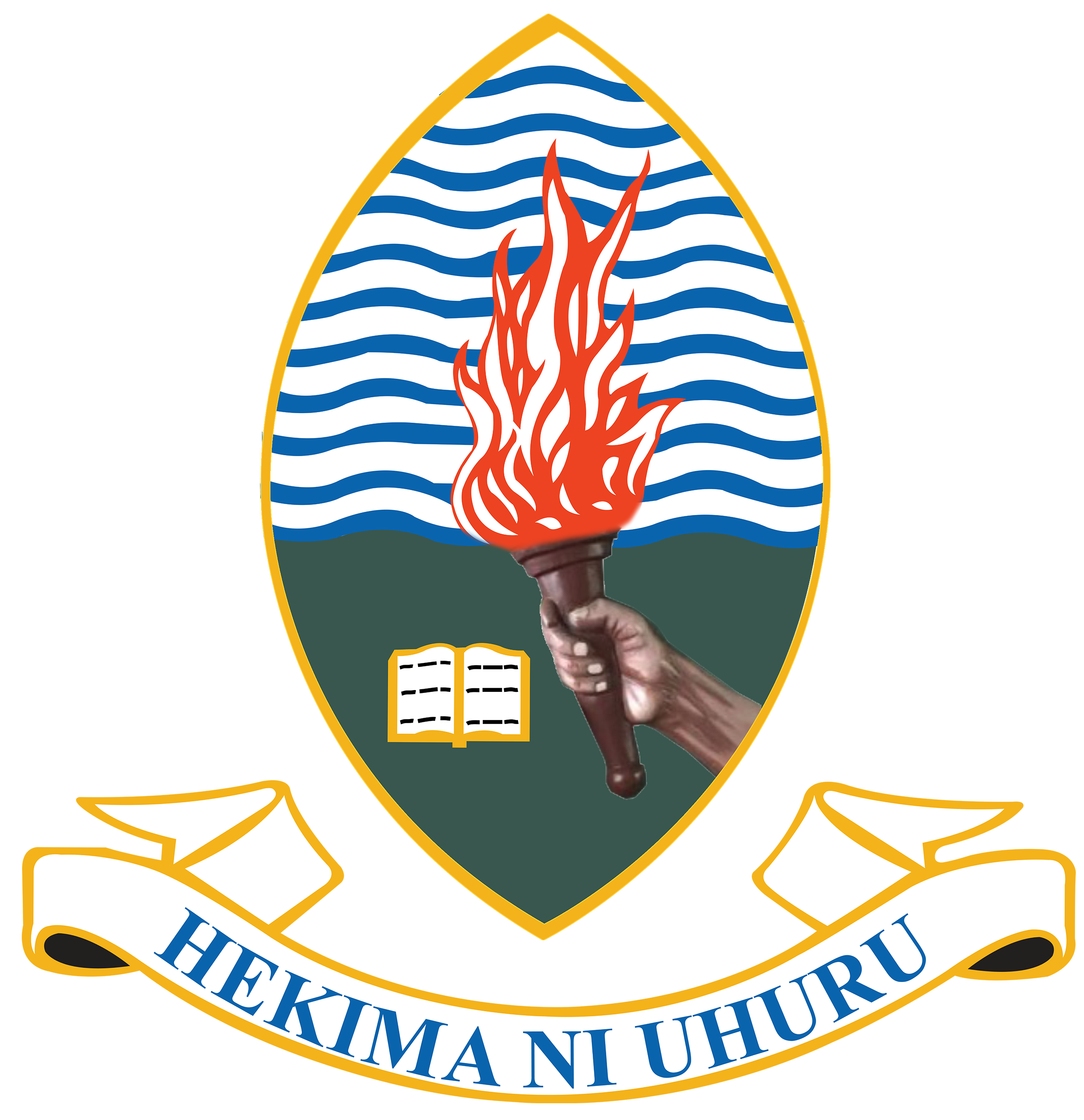ICT Project Planning and Management in Oil and Gas Industries
Program Description
Overview
Projects in ICT (Information and Communication Technology) require proper planning, organization, and resource management to successfully achieve specific goals. Therefore, practitioners and experts in the field should be acquainted with necessary tools and professional skills to address practical challenges in ICT projects. This fourteen-day training provides principles, theories, and practical guidance for ICT project managers to handle and accomplish tasks related to their job descriptions. Using sophisticated tools, participants will be trained practically to master modern methods and techniques in management of advanced ICT projects across a range of industrial sectors: finance, agriculture, health, mining, education, and e-government, among others. In this training, more emphasis will be put on projects in oil and gas industries.
Topics
- Introduction
- Motivations, applications, and opportunities
- Basics of project management
- Project Life Cycle
- Methodologies for Project Life Cycle management
- IT Projects
- Projects in other disciplines
- The Project Life Cycle
- Project planning and organization
- Roles of project managers
- Project implementation and control
- Analysis of project environment
- Team building and leadership
- Project integration management
- Project planning using software tools
- Project planning methodologies
- Project breakdown structures using Open Project
- Scheduling and resource allocation using Gantt Chart
- Budgeting and cost control
- Gender mainstreaming in project planning and management
- Project implementation
- Project reporting and information management
- Change and management systems implementation
- Procurement of goods & Outsourcing works
- Use of Consultants
- Closure
- Commissioning
- Planning for maintenance
Qualification
The course targets the following groups of people: ICT managers, hobbyists and practitioners in ICT, policy makers, and students in ICT field.
Fee Structure
- TZS 2,500,000 (Tanzanians)
- USD 1,100 (Foreigners)
Career Prospect
Trainees in this course can work in oil and gas industries as ICT managers.
Outcomes
Upon completion of this training, participants are expected to gain knowledge and professional skills to undertake the following tasks:
- Recognize and appreciate Project Life Cycle stages and project management areas of knowledge in the context of Telecommunications and Information Technology;
- Identify and apply appropriate tools, methods, and other resources at each stage of the Project Life Cycle;
- Conduct feasibility assessment and plan for a project considering constraints in time, budget, scope, and quality requirements;
- Communicate appropriately necessary information to the project stakeholders in a timely manner;
- Match customer requirements to the final project deliverables per the given time, budget, scope, and quality requirements;
- Discover methods and techniques to ensure that projects are executed timely under minimum possible budget while meeting customers’ specifications and expectations; and
- Acquire different techniques of forming and leading effective teams to achieve maximum project output.

